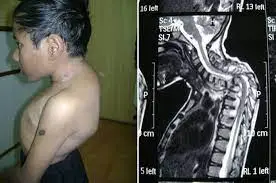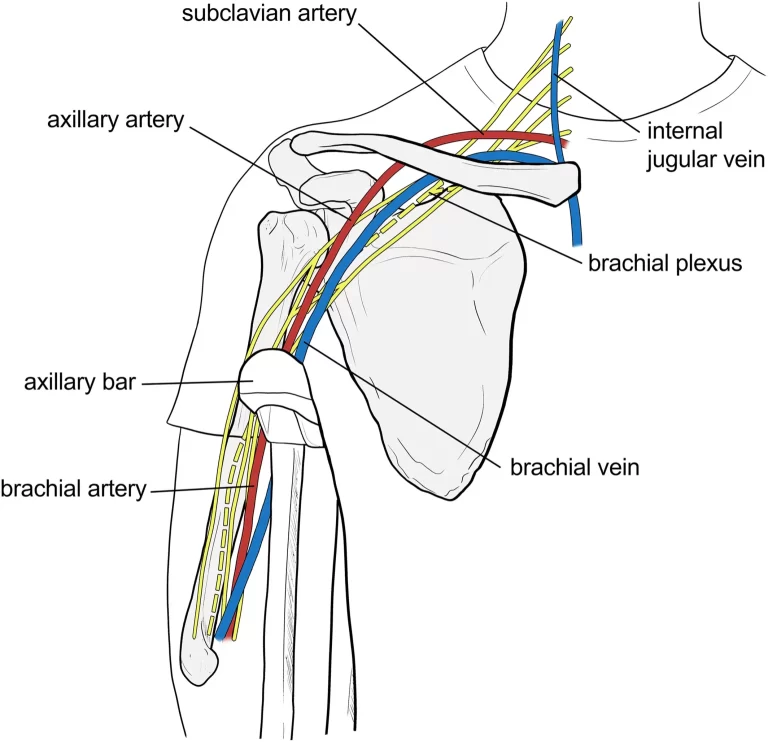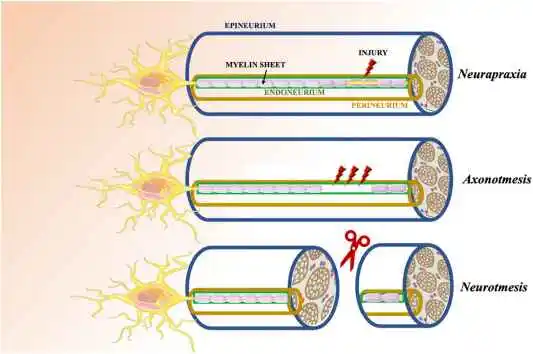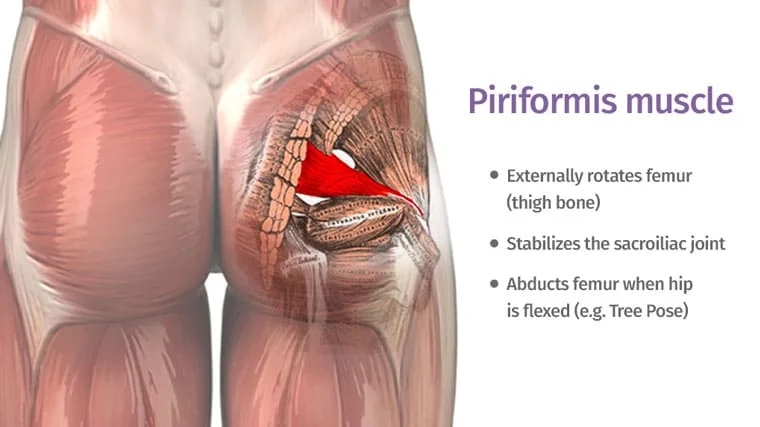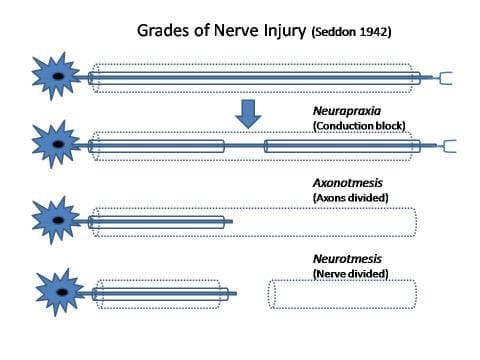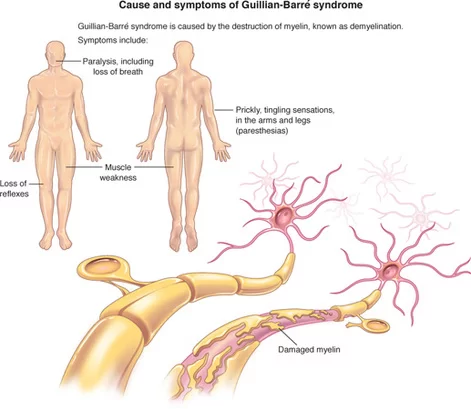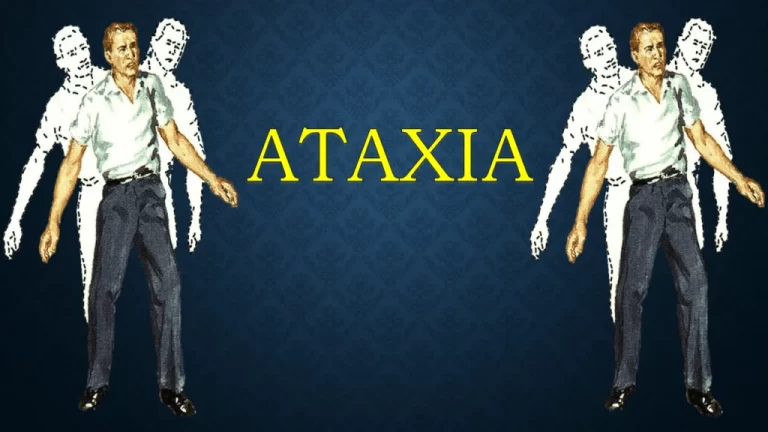Ataxic Gait
Introduction Ataxic gait refers to a type of abnormal walking pattern characterized by a lack of coordination and balance. It typically results from damage or dysfunction in the cerebellum, the part of the brain responsible for motor control. People with ataxic gait often present with a wide-based stance, irregular foot placement, and difficulty walking in…


